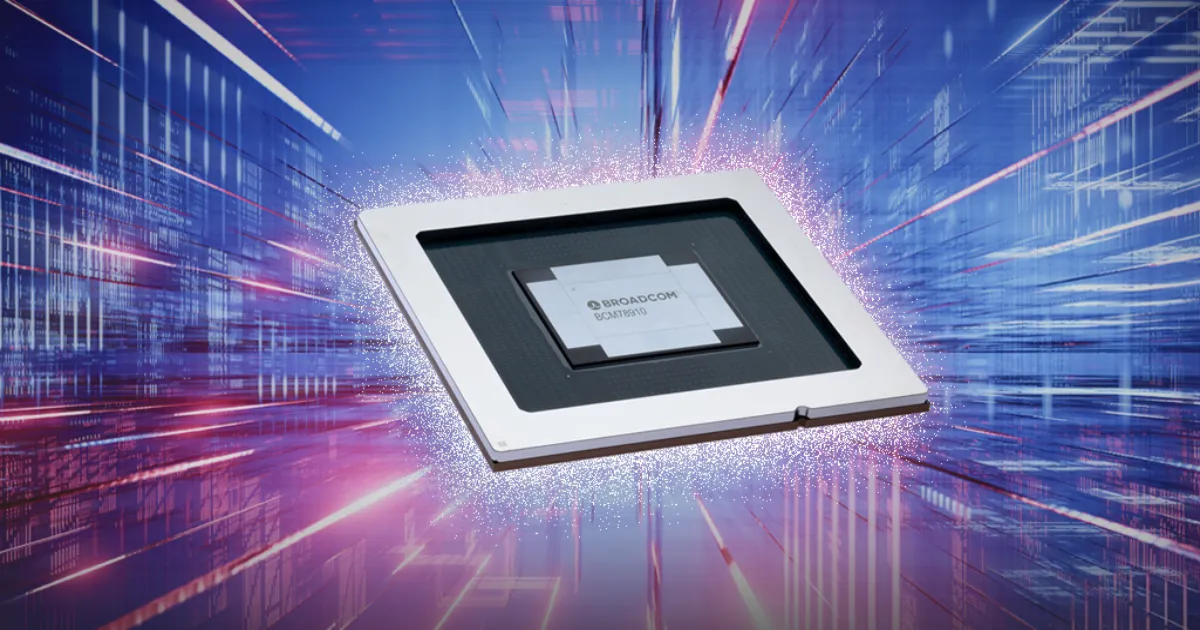Broadcom lands $10 billion OpenAI deal to build AI chips

Broadcom Inc. is stepping deeper into the artificial intelligence race with a landmark deal to design and produce custom accelerators for OpenAI, the maker of ChatGPT. The partnership positions Broadcom in direct competition with Nvidia Corp., whose dominance in AI chips has fueled a meteoric rise in its valuation.
According to people familiar with the matter, the first Broadcom–OpenAI chips will begin shipping in 2025, with full-scale rollout expected in 2026. Initially, OpenAI will use the processors internally to power its expanding suite of AI services, before potentially broadening deployment.
$10 Billion in Orders Secured
Broadcom CEO Hock Tan confirmed on the company’s latest earnings call that its custom accelerator division has landed a major new customer, without naming OpenAI directly. The Financial Times and Bloomberg later identified OpenAI as the partner. Tan revealed that the company has already secured more than $10 billion in orders under the agreement.
“Last quarter, one of these prospects released production orders to Broadcom,” Tan said, adding that demand from the new client will be “immediate and pretty substantial.”
Accelerators: The Core of the AI Boom
Accelerator chips are crucial for AI workloads, enabling inference — the process of running and operating machine learning models after training. Companies like Microsoft, Meta Platforms, and Google rely heavily on such processors to deploy their AI services.
Broadcom has long been a supplier of networking equipment and custom silicon for data centers. By entering the accelerator market, it positions itself as a key alternative for AI firms seeking more tailored solutions beyond Nvidia’s GPUs.
Outlook Improves for 2026
The OpenAI deal significantly changes Broadcom’s revenue outlook. Tan had previously forecast AI-related revenue growth of 50–60% in 2026. Following the partnership, he now expects growth to accelerate “significantly” in what he described as a “fairly material” shift.
In the fiscal third quarter ended August 3, Broadcom’s sales rose 22% year-over-year to nearly $16 billion, surpassing analyst expectations. AI semiconductor revenue reached $5.2 billion, with projections of $6.2 billion in the current quarter.
Still, investor enthusiasm has been tempered by comparisons to Nvidia’s exponential growth. Broadcom shares initially wavered after the earnings report but later rose more than 3% during the investor call. Overall, the stock has more than doubled since April, adding roughly $730 billion to its market capitalization.
Competition and Market Risks
The AI chip market remains highly competitive. While Broadcom has strengthened its position, rivals like Marvell Technology have stumbled — Marvell’s shares fell 19% last week after weaker-than-expected data center revenue. Meanwhile, Nvidia’s stock rally has raised concerns of an AI bubble, despite continued demand for its GPUs.
Broadcom is betting that its dual focus on custom accelerators and high-performance networking equipment will give it an edge. Tan has also secured his leadership role at the company through at least 2030, signaling long-term stability as Broadcom deepens its AI commitments.
Beyond AI
Beyond accelerators, Broadcom remains a diversified player, supplying wireless components to Apple and offering virtualization software for enterprises. But with OpenAI now in its customer roster, AI has become a central pillar of Broadcom’s future.
“The outlook for fiscal 2026 AI revenue will improve significantly from what we had indicated last quarter,” Tan told investors. That optimism — backed by billions in guaranteed orders — suggests Broadcom’s place in the AI boom is only just beginning.





